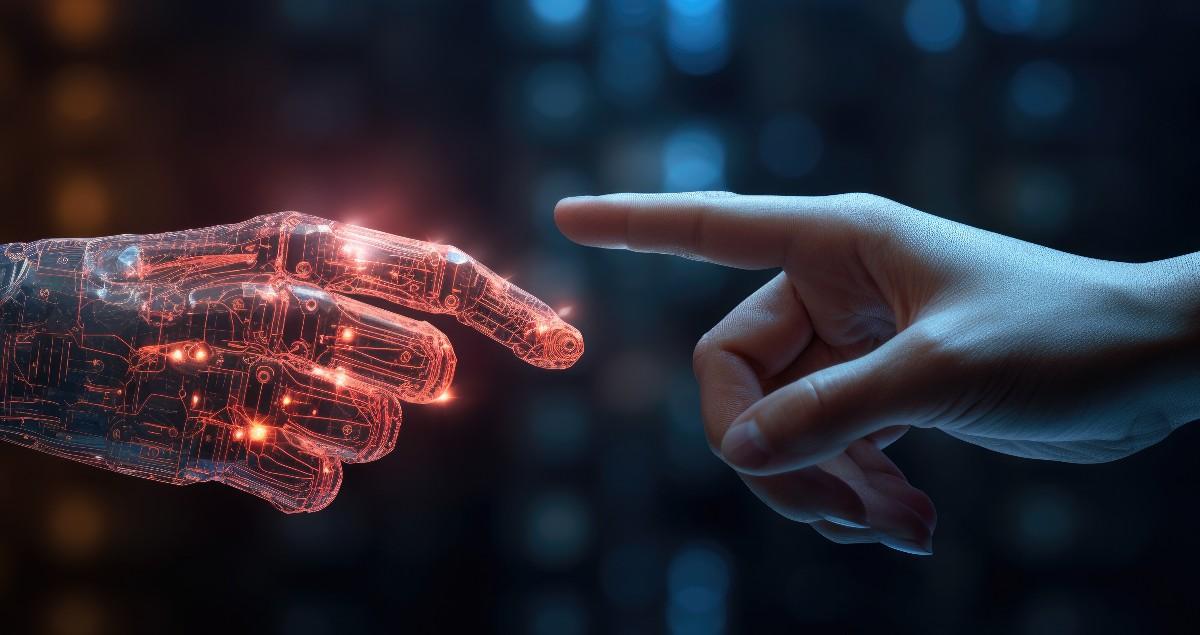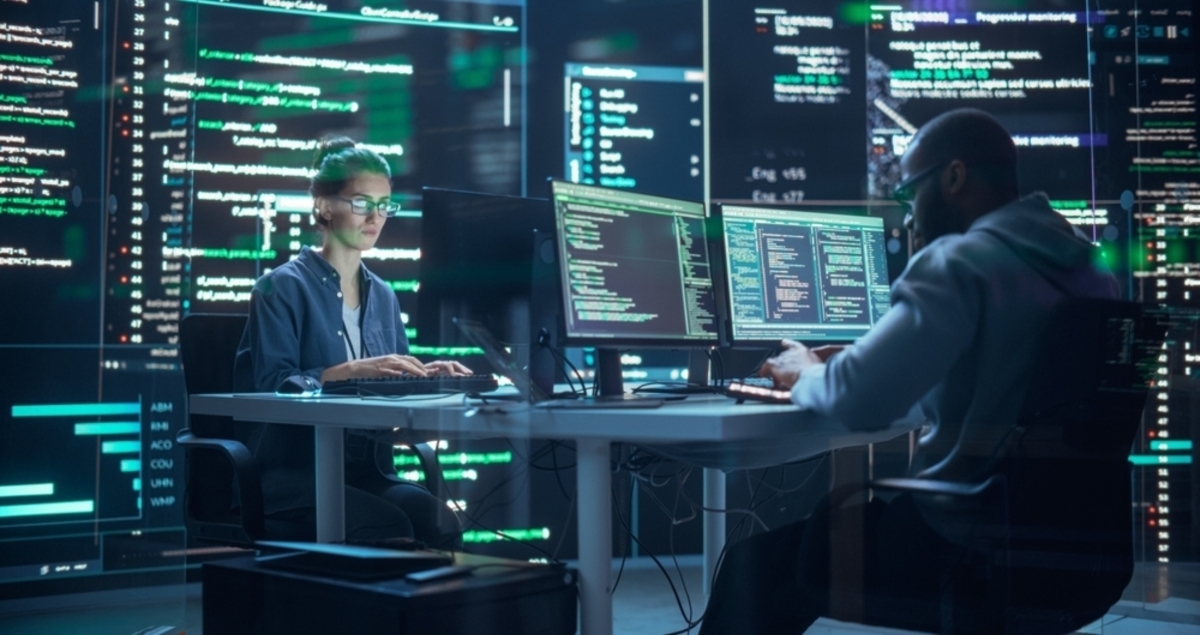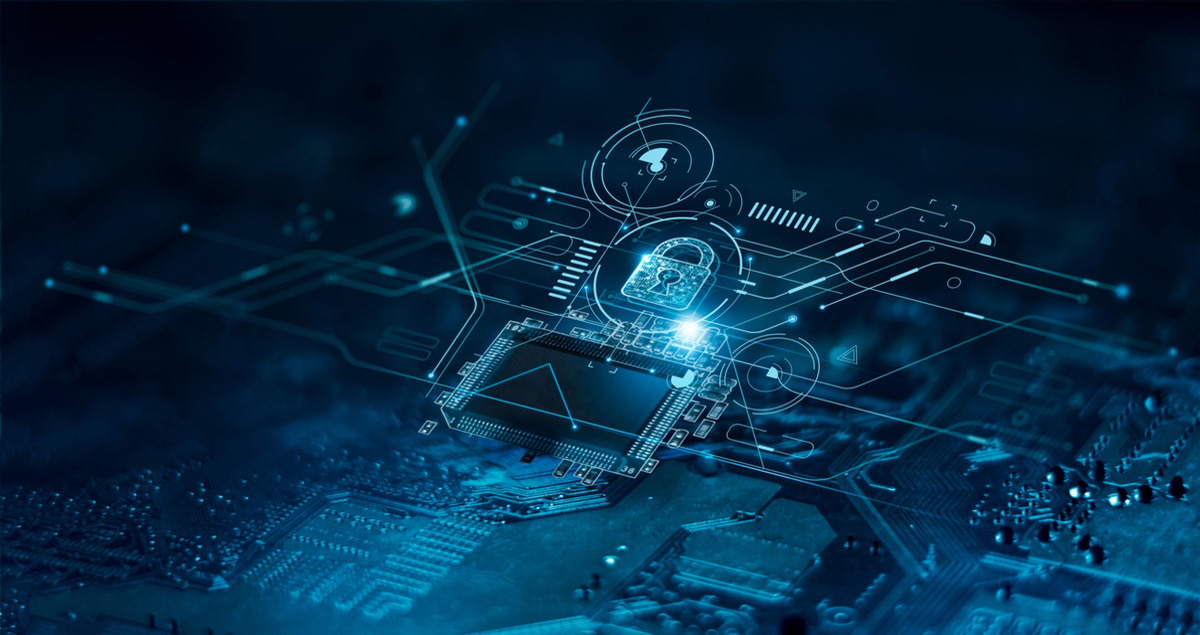6 ways global megatrends will impact heavy industry in 2024

Index
Who knows what the future holds?
While we can’t predict what specific events will take place in the coming year, 2024 isn’t the blank page it may appear to be. A combination of specialist knowledge, market insights and hard-earned experience can help indicate the emerging megatrends that are likely to reshape the global economy.
More importantly, expert analysis can show how these changing dynamics will impact heavy industry and what strategies can be deployed in response.
We asked analysts from Mitsubishi Heavy Industries (MHI) Group to explain what some of the megatrends transforming the business world mean for heavy industries.
1. Keeping one step ahead of shifting supply chains
As geopolitical tensions increase, strategic commodities and other resources are increasingly at risk of being used as diplomatic tools in international relations.
A growing global focus on energy and resource security has led to restrictions on exports of commodities such as semiconductors, critical minerals, pharmaceutical products and even foodstuffs like grains, forcing companies to rethink their supply chains to ensure stable procurement.
Tackling a global economy increasingly divided into geographical or political blocs means some manufacturing companies are being forced to rethink parts of their supply chain to avoid restrictions. Efforts to localize supply chains have been supported to some extent by the growing influence of markets in the global south.
2. Cross-disciplinary collaboration to solve global issues
Heavy industry manufacturers have traditionally competed with each other to produce new and better individual products.
However, resolving complex industrial and social challenges like decarbonization can’t be achieved by a single product. Success will rely on collective efforts that combine products and expertise from different fields with digital technologies.
This is why manufacturing companies are increasingly collaborating to develop solutions that address social challenges such as sustainability and limited supplies of resources.
ΣSynX (Sigma Syncs), MHI’s solution for digital innovation, is an example of this. It uses smart connections to combine intelligence and technology in a way that facilitates coordination between humans and machines. ΣSynX brings together core technologies with system platforms to provide solutions including forecast planning, human-machine coordination, remote control, verification and evaluation, and remote maintenance to optimize everything from renewable energy operations to data center energy use and warehouse automation.

3. Tackling human resources shortages with automation
People are living longer for a wide range of reasons, but aging populations combined with falling birth rates are leaving countries such as Japan facing a declining workforce. This means that maintaining current output levels will be a challenge.
Digital technology can play an important role in bridging the population gap. Industrial robotics, automation and many other smart manufacturing systems can increase output by taking over more repetitive tasks. This then frees up people to perform higher-level or more creative tasks.
MHI and Mitsubishi Logisnext’s LogiQ X Lab at the Yokohama Hardtech Hub demonstrates these capabilities in warehouses. Innovations there are supporting the study of automation and reductions in manual labor.
4. Circular economies promoting local production for local consumption
Many developed markets in places like Europe and Japan face economic maturity and resource constraints, but establishing and promoting a circular economy can help support growth while enhancing resource security.
Encouraging circularity through local production for local consumption helps make effective use of resources, reduces waste and energy costs, promotes a high level of environmental awareness and is an opportunity to develop new markets.
In the manufacturing sector and elsewhere, the first small-scale projects aimed at establishing a circular economy have already been put in motion. But to create a truly sustainable system across society, current economic models will need to be fundamentally changed, which will involve significant time, research and investment.

5. Increased awareness of safety and security
Cyberattacks, natural disasters and other disruptive events all pose very real threats to today’s economic activity. As such, one characteristic of the year ahead will be a heightened awareness of safety and security issues.
Cybersecurity will continue to be vitally important in 2024 as the wave of digitalization progresses, particularly for critical infrastructure industries like energy. Companies will have to devise strategies and countermeasures to mitigate cyberattacks and other threats to economic stability.
MHI’s InteRSePT cybersecurity solution is designed to protect critical infrastructure and manufacturing sites by monitoring the behavior of devices, processes and communications in real time. This enables not just the detection of cyberattacks, but also an immediate reaction.
Moving from software to hardware, momentum is growing for hardware manufacturers to enhance the safety and security features of their products to guard against increasing geopolitical tensions and natural disasters.
6. Promoting sustainability for business success and society
As companies increasingly adopt new strategies to address social challenges, factors such as sustainability and decarbonization present a driving force for change.
This means the value of production is increasingly evolving from producing hardware to developing one-stop solutions that incorporate software and digital systems. To service the rapidly growing digital sector, MHI is working on data center solutions that manage sustainable cooling, power and energy management.
There is also momentum towards greater transparency, as more companies disclose non-financial aspects of their operations, such as environmental impacts or human rights protections, to demonstrate social value to shareholders, partners and customers.
Heavy engineering companies must balance the need to address social issues with the need to develop realistic energy transition solutions. In short, this means balancing social sustainability with business profitability, which can produce a win-win situation for companies, their customers and the planet.
![]()
Watch out our video about Our actions for achieving carbon neutrality and improving the quality of people’s lives





